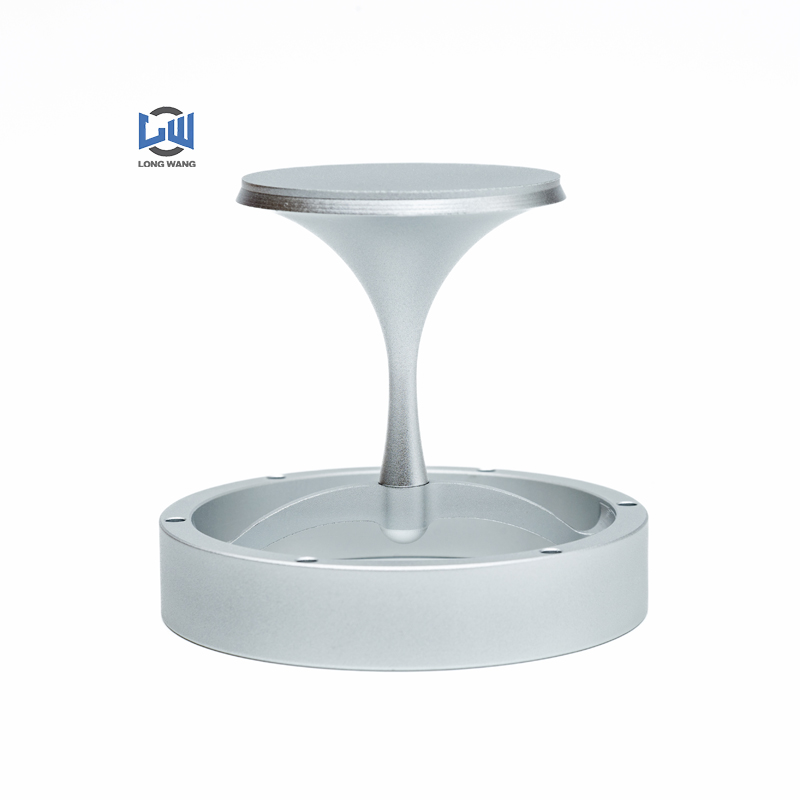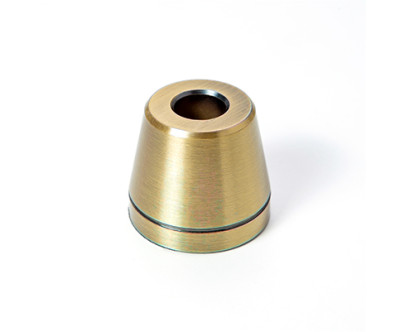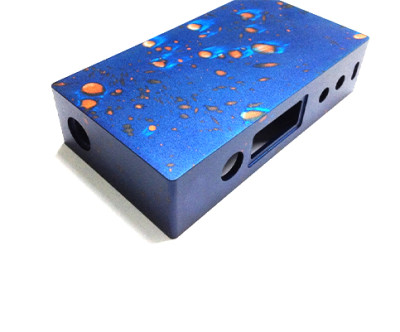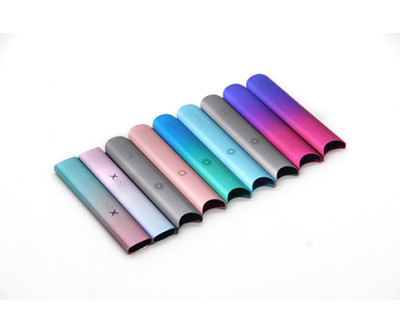Why CNC Lathe Turning Is Ideal for Custom Aluminum Drawing Parts
Why CNC Lathe Turning Is Ideal for Custom Aluminum Drawing Parts
In today’s precision-driven manufacturing landscape, custom aluminum parts based on technical drawings are becoming increasingly essential across industries such as automotive, aerospace, electronics, robotics, and medical devices. To meet the growing demand for accuracy, speed, and repeatability, one manufacturing method stands out above the rest—CNC Lathe Turning.
CNC (Computer Numerical Control) lathe turning has become the go-to solution for producing high-precision cylindrical aluminum components directly from custom drawings. Here’s why this method is ideal for transforming design intent into real-world functionality.
1. Superior Precision for Complex Geometries
CNC lathe turning offers exceptional precision, often achieving tolerances as tight as ±0.005mm, depending on part complexity and machine capability. For custom aluminum drawing parts—especially those with threads, grooves, tapers, and cylindrical features—lathe turning delivers unmatched accuracy.
Unlike manual processes, CNC turning is guided by CAD/CAM software, ensuring each cut follows the drawing with micron-level consistency. This is crucial for applications like:
High-speed rotating shafts
Fluid connectors
Sensor housings
Threaded bushings
2. Excellent Material Compatibility with Aluminum
Aluminum is widely favored for custom parts due to its lightweight, corrosion resistance, thermal conductivity, and machinability. CNC lathes are particularly effective at working with aluminum because:
Aluminum chips easily, reducing tool wear and increasing throughput
Surface finish after turning is smooth and often suitable without polishing
Cutting speeds can be higher, shortening production time
This synergy between material characteristics and process capability makes lathe turning ideal for aluminum component production.
3. Faster Production with High Repeatability
Once the program is set, CNC lathe turning allows for unattended, continuous production of identical parts. This is ideal for both prototype iterations and high-volume production. With automatic bar feeders and multi-axis turning capabilities, modern CNC lathes can:
Produce hundreds of units with identical dimensions
Minimize setup time for complex geometries
Reduce human error to nearly zero
For companies working with iterative designs or just-in-time delivery models, the speed and consistency of CNC turning offers a competitive advantage.
4. Seamless Integration from Drawing to Machining
Thanks to digital integration, custom aluminum drawing parts can be manufactured directly from 3D CAD files (e.g., STEP, IGES, DWG) with minimal translation. CNC software converts these files into machine instructions (G-code), reducing lead time and ensuring:
Design fidelity from file to part
Fewer revisions and sampling rounds
Clear communication between designer and manufacturer
This direct link streamlines the prototype-to-production pipeline, particularly in industries where design iteration is rapid.
5. Cost-Effective for Small and Medium Batch Runs
CNC lathe turning offers an excellent cost-performance ratio for small to medium batch quantities. Compared to die casting or injection molding, which require expensive molds and setup, CNC turning:
Has no tooling cost
Allows design flexibility and fast changes
Reduces overall lead time and scrap
This makes it especially attractive for custom parts, pilot runs, or low-volume specialized components, such as medical device housings or custom connector sleeves.
6. Compatible with Secondary Operations and Surface Finishing
CNC-turned aluminum parts are easily post-processed to meet specific requirements. After turning, parts can undergo:
Anodizing for corrosion protection and aesthetic appeal
Thread tapping or drilling
Polishing or bead blasting
Assembly with other components
The turned surface offers an ideal base for most secondary operations, enhancing the final product’s appearance and performance.
Conclusion: Precision Manufacturing for a Demanding Market
In a global market where quality, speed, and flexibility determine success, CNC lathe turning emerges as the smartest solution for creating custom aluminum drawing parts. Whether you're building prototypes, executing low-to-mid volume orders, or requiring tight tolerance components, CNC turning delivers the performance needed in competitive industries.
If your business relies on reliable, high-precision aluminum components crafted from technical drawings, CNC lathe turning is not just an option—it’s the ideal solution.



